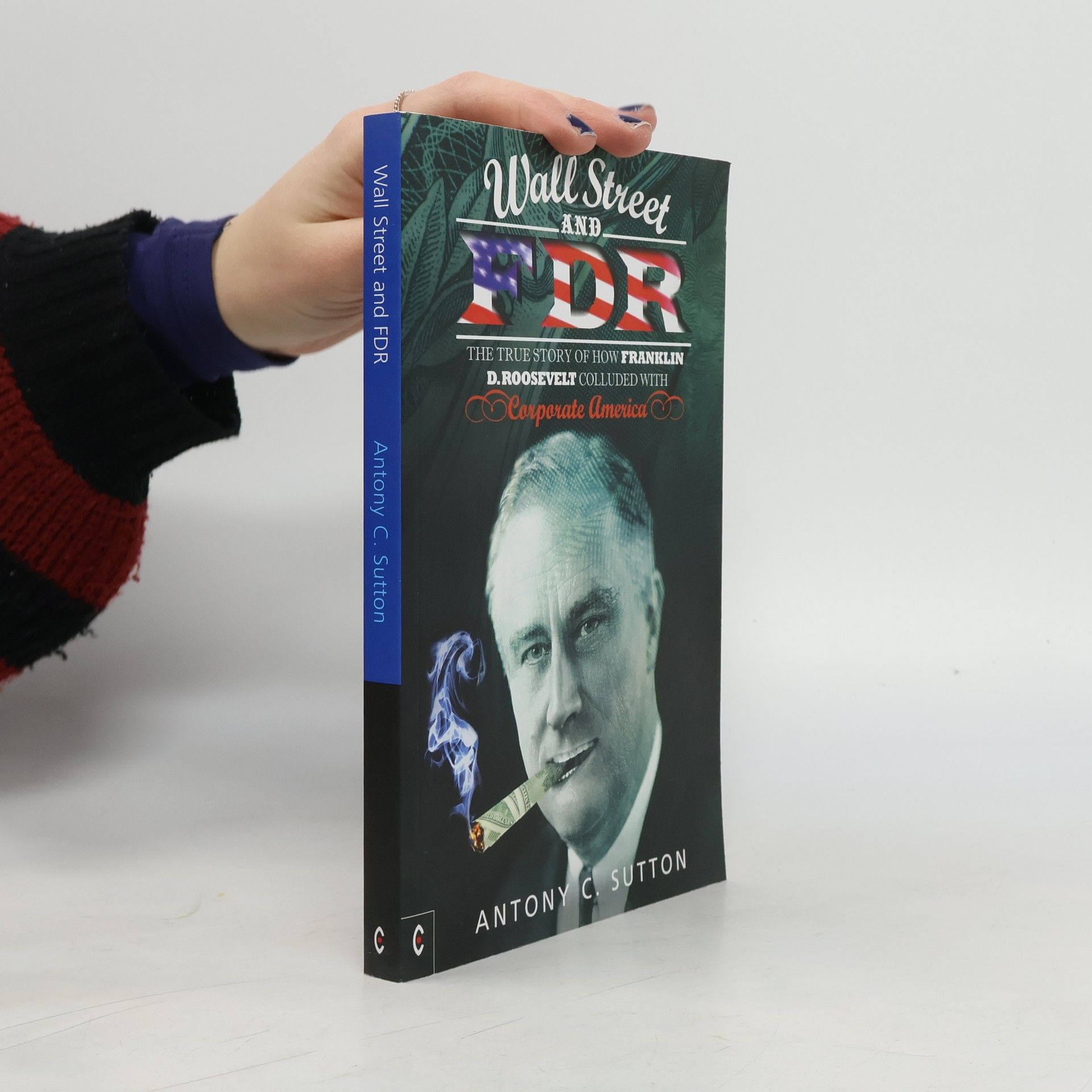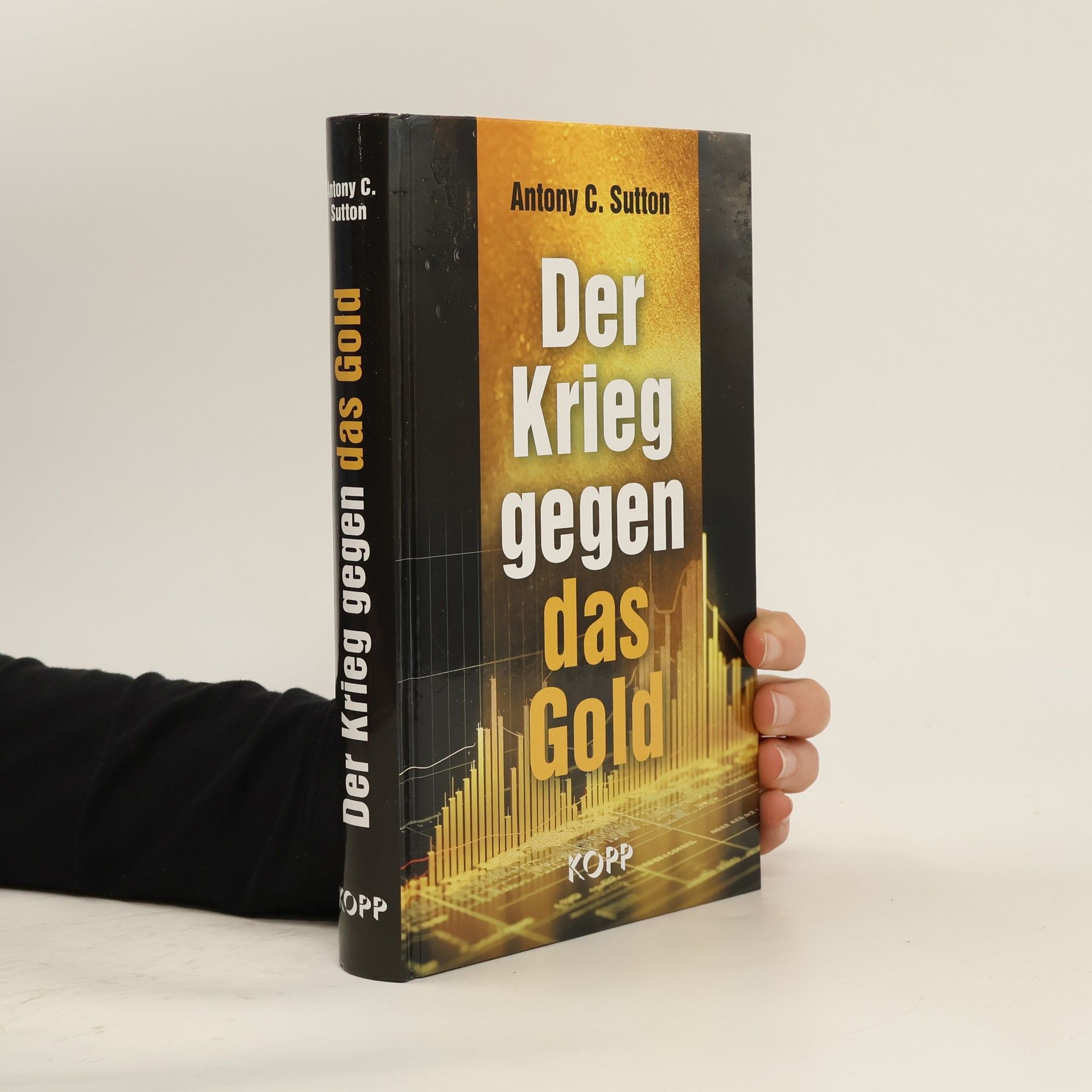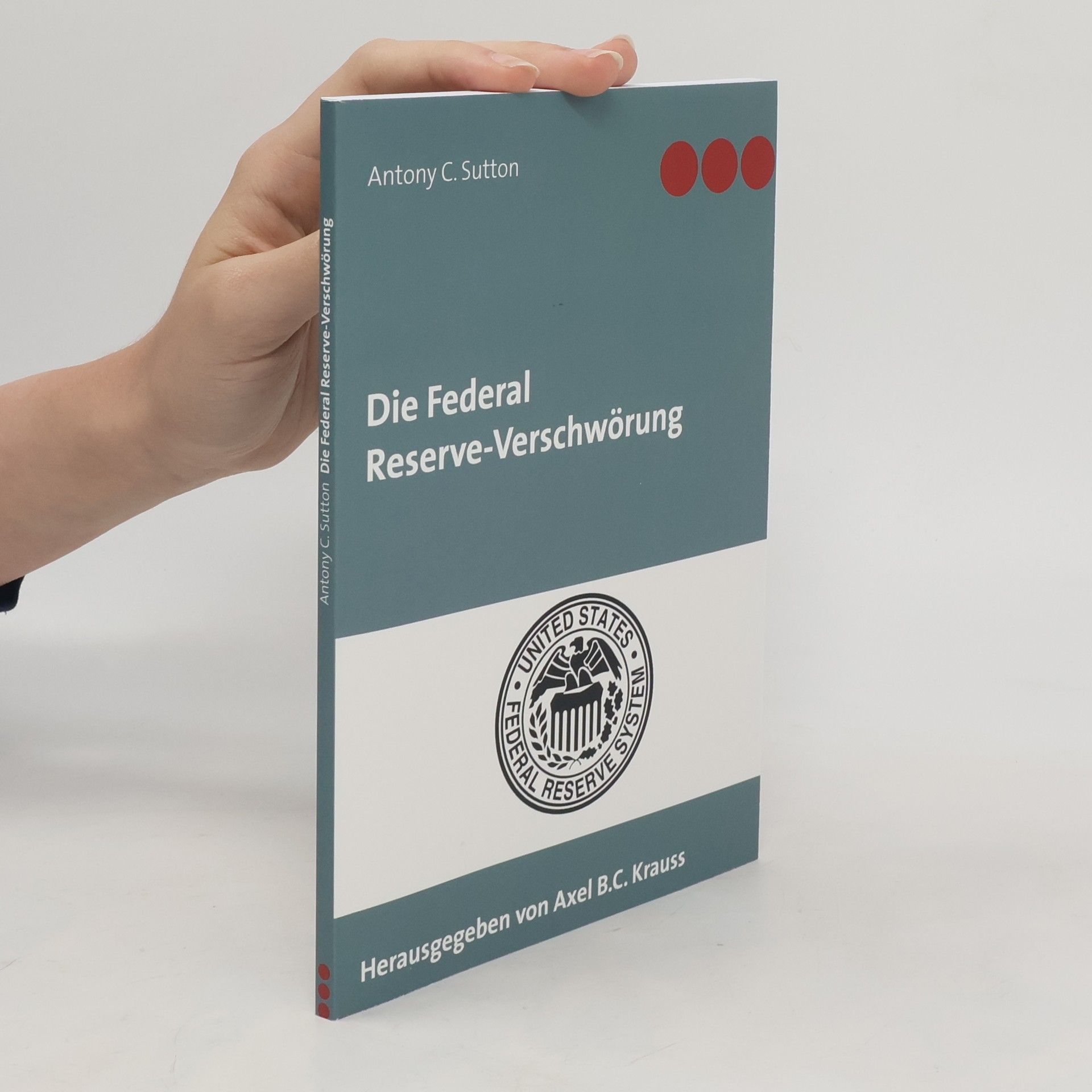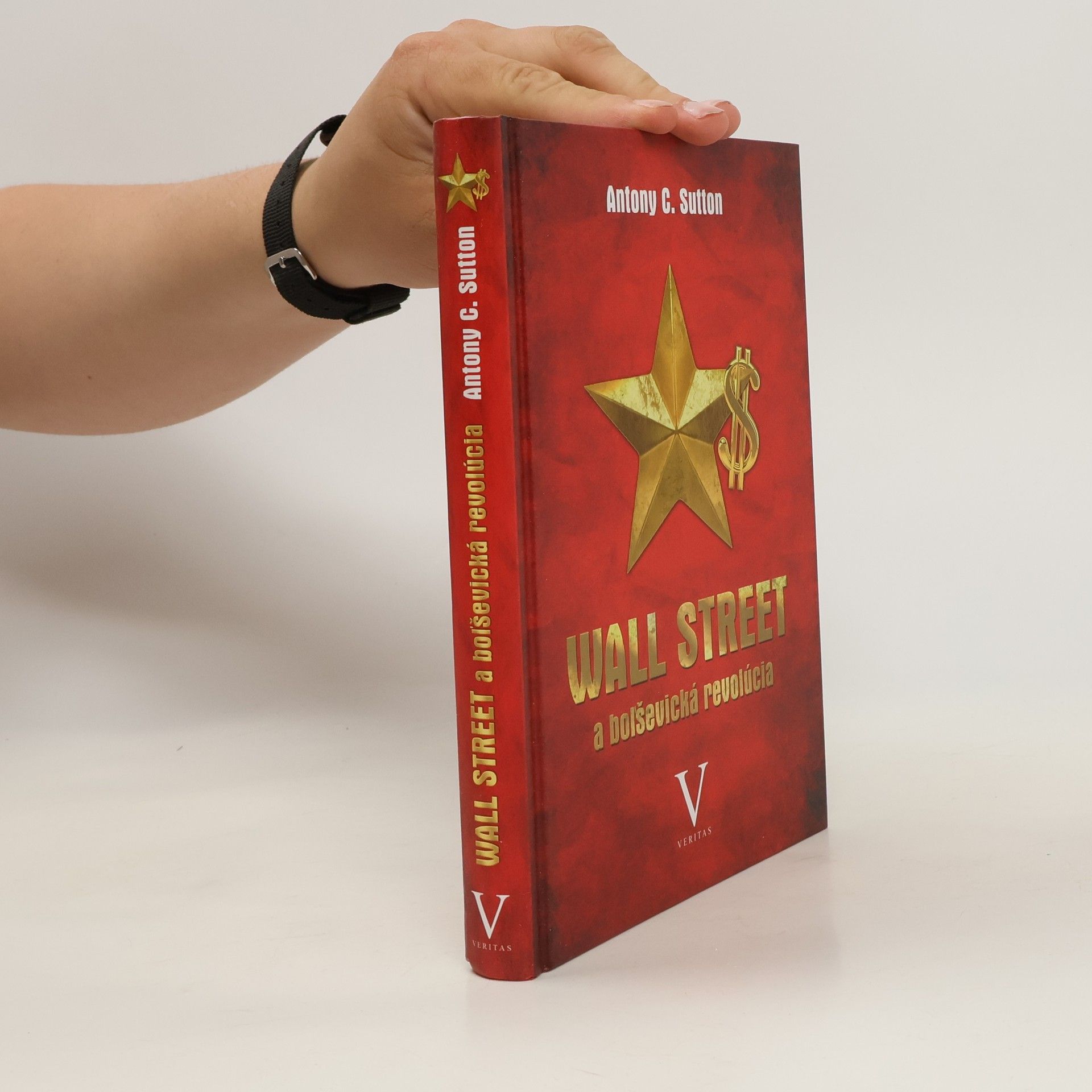Antony C. Sutton Book order (chronological)
Anthony Sutton was a British author and historian who focused on studying and exposing the covert operations and influence of corporations and secret societies. His work is characterized by deep dives into archival materials, aiming to reveal the hidden economic and political forces shaping global events. Sutton sought to highlight the connections between multinational corporations, governments, and the arms industry, thereby challenging official narratives. His analyses often uncovered complex networks of power and influence that transcend ordinary understandings of international relations.







Western Technology and Soviet Economic Development 1945-1968
- 504 pages
- 18 hours of reading
This volume delves into the empirical analysis of how Western technology and entrepreneurial practices influenced the economic growth of the Soviet Union. It examines the interplay between technological advancements and the unique entrepreneurial landscape within the Soviet context, providing insights into the broader implications for economic development. The study offers a critical perspective on the factors that shaped the Soviet economy during a pivotal period.
Skull & Bones - Jak řád řídí vzdělávání / Jak řád vytváří války a revoluce
- 198 pages
- 7 hours of reading
Skull and Bones, také známý jako Řád, Řád 322 nebo Bratrstvo smrti, je vysokoškolská studentská společnost na Yale University v New Haven v Connecticutu. Nejstarší společnost vyšší třídy na univerzitě, Skull and Bones, se stala kulturní institucí známou svými silnými absolventy a různými konspiračními teoriemi. Je to jedna ze společností „velké trojky“ na Yale, další dvě jsou společnost Scroll and Key a Wolf's Head Society. Podle autora je tato společnost napojena na další tajné společenství a to Ilumináty nebo třeba na rodinu Rockefellerů. Mezi prominentní absolventy patří bývalý prezident a hlavní soudce William Howard Taft (syn zakladatele); bývalí prezidenti a otec a syn George H. W. Bush a George W. Bush; Chauncey Depew, prezident newyorského centrálního železničního systému a další. Každou knihu přijímejte kriticky a vždy uvažujte samostatně. Vždy používejte více zdrojů k té či oné probematice a porovnávejte je.
Deutsche Übersetzung von Antony C. Suttons "The Federal Reserve Conspiracy"
Amerikas geheimes Establishment - Eine Einführung in den Skull & Bones-Orden
Wall Street a boľševická revolúcia
- 246 pages
- 9 hours of reading
Boľševická revolúcia z novembra 1917 zásadne zmenila dejiny 20. storočia. Kniha Antonyho C. Suttona ju predstavuje v novom svetle, tvrdí, že revolúcia nebola len výsledkom vnútorných faktorov v Rusku, ale aj zásadného zásahu medzinárodných finančníkov. Autor upozorňuje, že cesta Lenina a jeho revolucionárov zo Švajčiarska do Ruska v roku 1917 bola umožnená a financovaná nemeckým generálnym štábom. Nemecké peniaze prechádzali cez banku Nya Banken, ktorej riaditeľom bol Olof Aschberg, neskorší riaditeľ prvej sovietskej medzinárodnej banky, Ruskombank. Zaujímavé sú aj súvislosti s pobytom Leva Trockého v USA a jeho návratom do Ruska, kde sa chcel zúčastniť na revolúcii. Autor prehodnocuje aj misiu Amerického Červeného kríža v Rusku v roku 1917, ktorú ovplyvnil bankár William Boyce Thompson a zástupcovia firiem spätých s Morganom a Rockefellerom, dominujúcimi na Wall Street a v americkej ekonomike. Čitateľ tak objavuje fascinujúci príbeh skrytý za udalosťou, o ktorej si myslel, že už všetko podstatné vie.
Trilaterals Over Washington
- 328 pages
- 12 hours of reading
The original and definitive work on the Trilateral Commission, its members and its primary goal of creating a New International Economic Order. Painstaking research details all key aspects of the Commission, from North America, Japan and Europe.
Úvod do řádu Skull and Bones
- 234 pages
- 9 hours of reading
Skull and Bones (česky Lebka a kosti) je tajný spolek na Yaleově univerzitě ve Spojených státech. Byl založen na půdě univerzity roku 1832 americkým obchodníkem, pedagogem a politikem Williamem Huntingtonem Russellem, jehož předkem byl Noadiah Russell, spoluzakladatel univerzity. Členem spolku se může stát pouze student čtvrtého ročníku navržený již stávajícím členem. Členové této skupiny často pocházejí z prominentních rodin, velmi často jde o potomky politiků či jiných vlivných osobností. Členy klubu byli v minulosti například bývalí američtí prezidenti William Howard Taft, George H. W. Bush či jeho syn George W. Bush. Klub každoročně přijímá 15 členů, členové jsou nazýváni "bonesmen". Nejposvátnějším místem klubu je budova nazývaná "Hrobka" (Tomb) v New Haven, Connecticut, stavba nemá okna a pochází z roku 1856.




